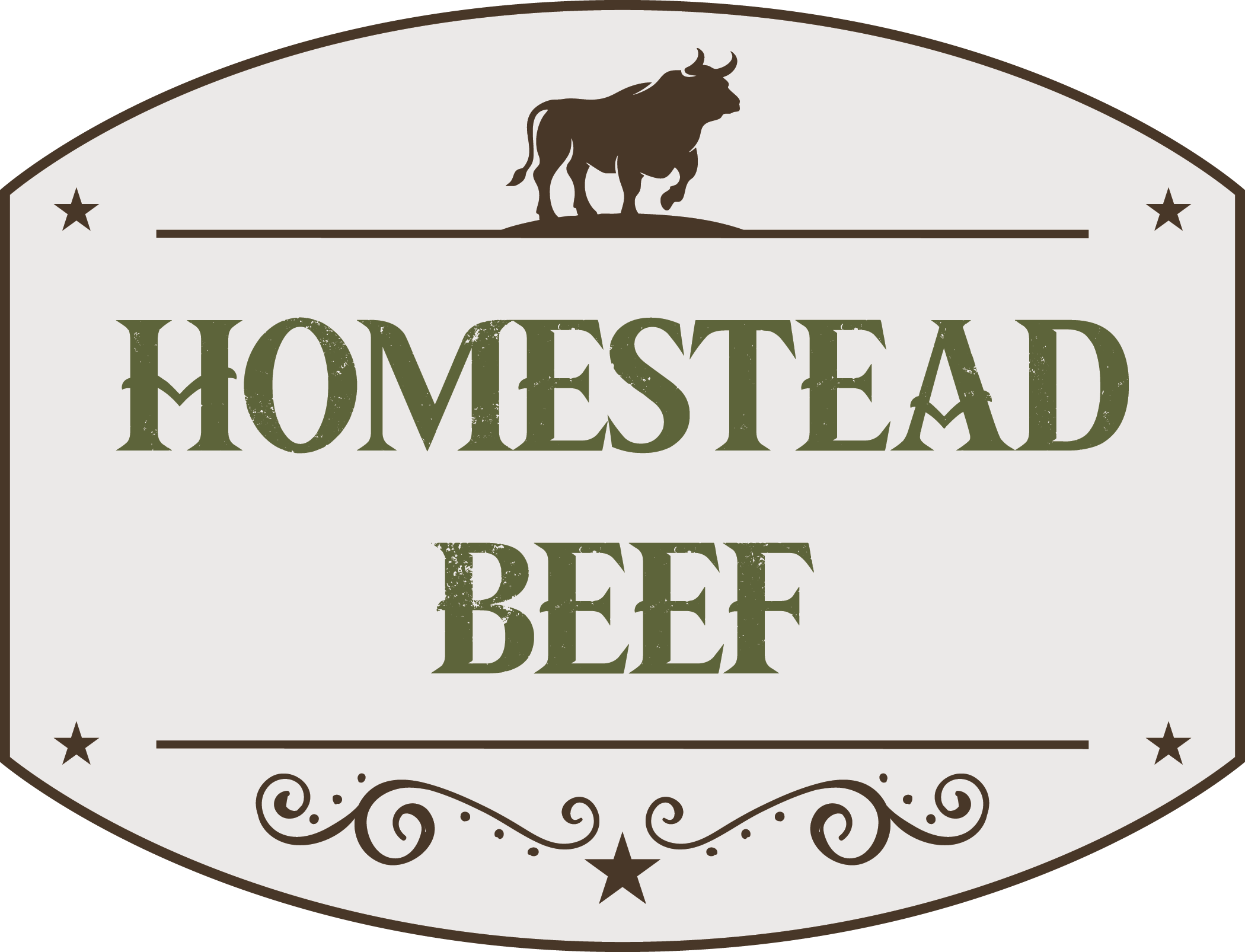Protocols
Grass Raised & Grain Finished
Grass Raised & Grain Finished
Our beef is raised on a regenerative farm that strives to bring you the highest quality beef right to your doorstep!
Cattle that are pasture grass-fed and grain-finished begin their lives grazing on open pasture, consuming a natural diet of grasses, which supports animal welfare and can enhance the nutritional profile of the meat early in development. In the final few months before processing, these cattle are transitioned to a controlled grain-based diet, typically in a feedlot, which helps improve marbling, tenderness, and flavor consistency—traits highly valued by consumers and chefs. This hybrid approach combines the health and ethical benefits of pasture-raising with the economic efficiency and meat quality advantages of grain finishing, offering a balanced solution for producers and consumers alike.
Hormone and Antibiotic Free
Cattle raised without hormones or antibiotics offer significant benefits for both consumers and the broader food system. From a consumer standpoint, this practice appeals to growing demand for clean-label, minimally processed meat, reducing concerns about potential hormone residues or antibiotic resistance. For producers, it often means raising healthier animals through more attentive management and natural husbandry practices, which can lead to more resilient herds over time. Environmentally, this approach supports sustainable farming practices by minimizing pharmaceutical runoff and maintaining microbial diversity in soil and water systems. Ultimately, beef from cattle raised without hormones or antibiotics is seen as a wholesome, transparent choice that aligns with health-conscious and environmentally aware values.
Regenerative Farm
Cattle raised on a regenerative farm are part of a holistic agricultural system designed to restore and enhance the health of the land, rather than simply sustain it. Regenerative practices include rotational grazing, where cattle are moved between pastures to mimic natural grazing patterns—this helps build soil fertility, increase biodiversity, and sequester carbon in the ground. By integrating livestock into the natural ecosystem, regenerative farming reduces erosion, improves water retention, and supports pollinators and wildlife. The result is not just healthier cattle, but a more resilient and self-sustaining farm that actively contributes to the health of the planet.
